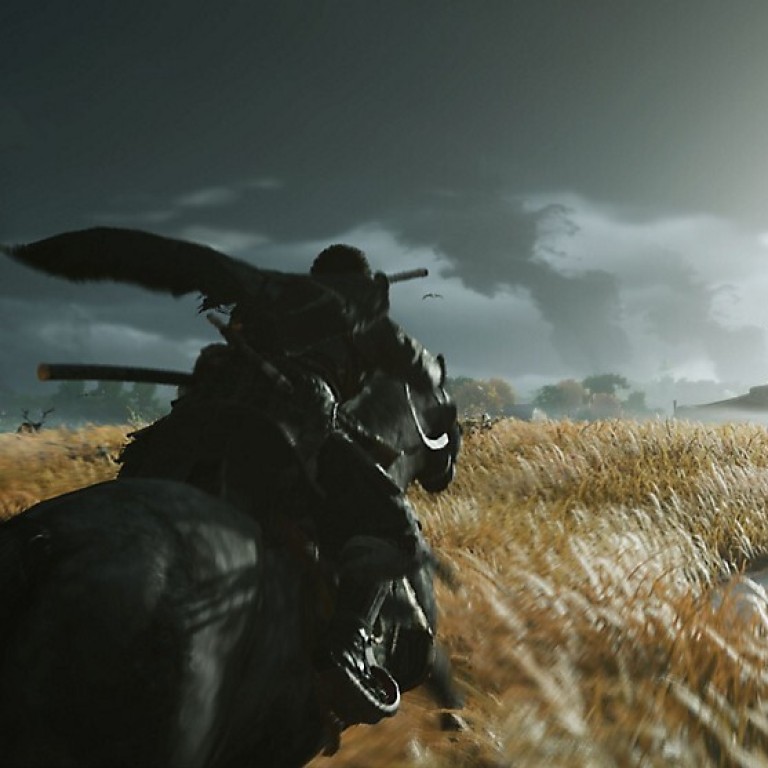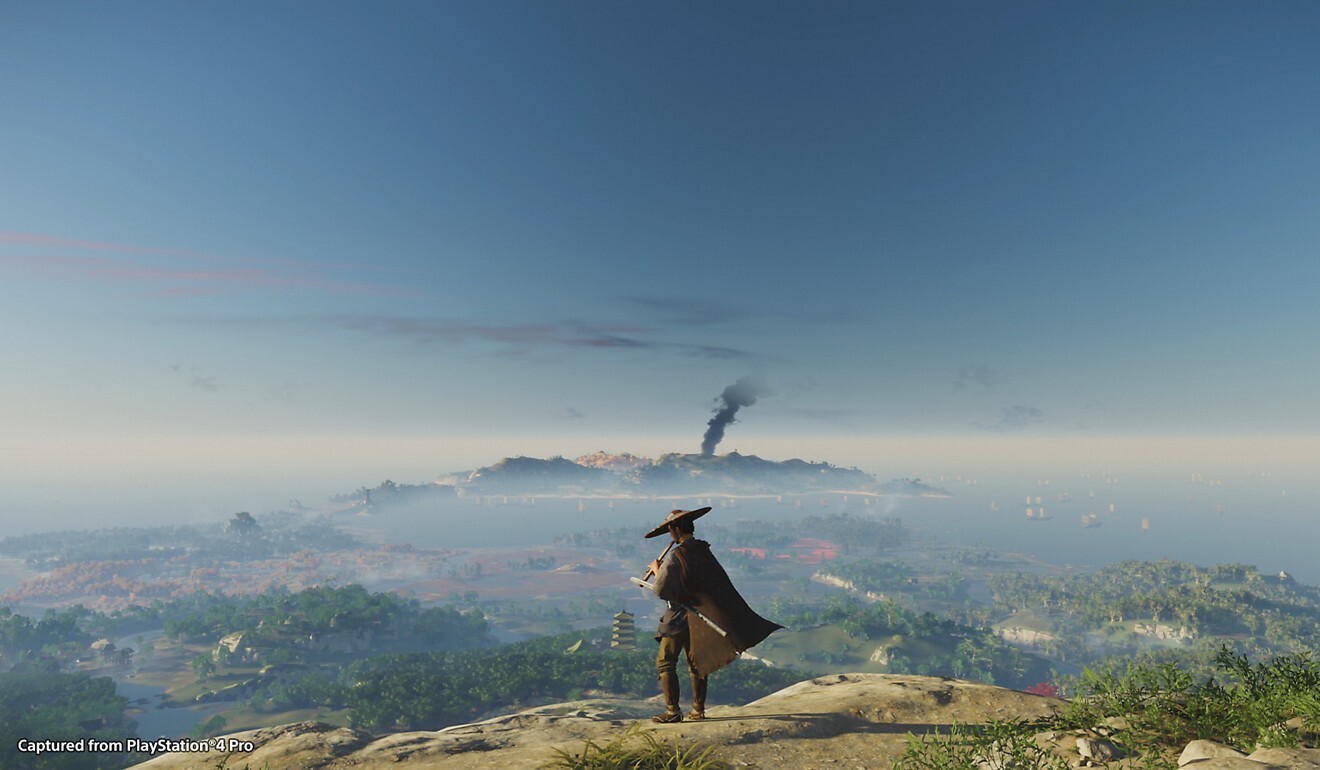
Ghost of Tsushima’s Mongol invaders spark nationalist debate over PlayStation 4 game in China
- New exclusive title for Sony’s PlayStation 4 depicts Japanese warriors defending against Mongol invaders in the 13th century
- Chinese gamers debate whether the portrayal of the Mongol Empire is disrespectful to China
In Ghost of Tsushima, the Mongols are the bad guys.
That may seem like a harmless premise for an action game set in the 13th century, but it has kicked off a lively online debate that pitches Chinese nationalists against supporters of Sony’s new PlayStation 4 title.
Taking place during the first Mongol invasion of Japan, the game portrays Japanese warriors as heroes defending their home, the island of Tsushima, against ruthless foreign invaders.
Gamers play the role of Jin Sakai, a lone samurai who moves through Mongol forces like a mysterious ghost, hunting them from the shadows or engaging in face-to-face combat to liberate his home.
While this conflict takes place far from China, the Mongols were also major players in a turbulent period in Chinese history.
At the time, the Mongols were already in control of northern China. They eventually became the first ethnic group other than Han Chinese to take over the entire country for nearly a century.

Today, some argue that the Mongols who occupied China should also be considered Chinese people. Japan, on the other hand, is considered an enemy because of the country’s invasion of China before World War II.
“I stand with the Mongols, [Japanese people] can crawl,” one user commented on the video streaming site Bilibili, referring to Japanese people with a racial slur.
“At the end of the day, this is a game where Japanese people are killing Chinese people,” another person wrote on the Quora-like Chinese site Zhihu. “The Mongols are one of the nomadic peoples of northern China. Just like the Han Chinese, they are Chinese people.”
The commenter added, “Foreign players can play if they like, but Chinese people shouldn’t join in the fun.”
But these nationalist comments quickly came under a torrent of ridicule. Many gamers said they saw nothing wrong with a plot featuring Japanese people fighting against invaders.
“The war at the time [of the Mongol invasion] was a standard act of aggression,” one person wrote on Zhihu. “Invasion is wrong. Resistance is right. These are basic moral concepts.”
Another user compared the game’s scenario to another event in history.
“The Japanese invasion of China was a war of aggression, and so was the Mongol invasion of Japan,” reads a post on Bilibili. “I personally think that our hatred should go against any acts of aggression rather than the Japanese people.”

03:05
Mongolia's 800-year-old traditional Naadam sport festival goes ahead despite coronavirus pandemic
Some others see absurdity in the whole debate.
“I get it, this is us Chinese people watching a game made by the Americans about how the Japanese people defended against the Mongols 800 years ago,” one person quipped on Bilibili.
“A bunch of Chinese people trying to find national pride in a Japanese game made in the US, how inferior is that…” another said.
Ghost of Tsushima is made by Washington-based studio Sucker Punch Productions, its first new game in six years.
A few people bemoaned the lack of global blockbusters made in China, suggesting that games could help shape the country’s image around the world.
“To put it bluntly, if you can’t make a good game that’s popular around the world, you’re losing another voice in cultural diplomacy,” one said on Bilibili.
“When is China going to make a game as high-quality that depicts the [historic] brutality of the Japanese military?” another asked.

